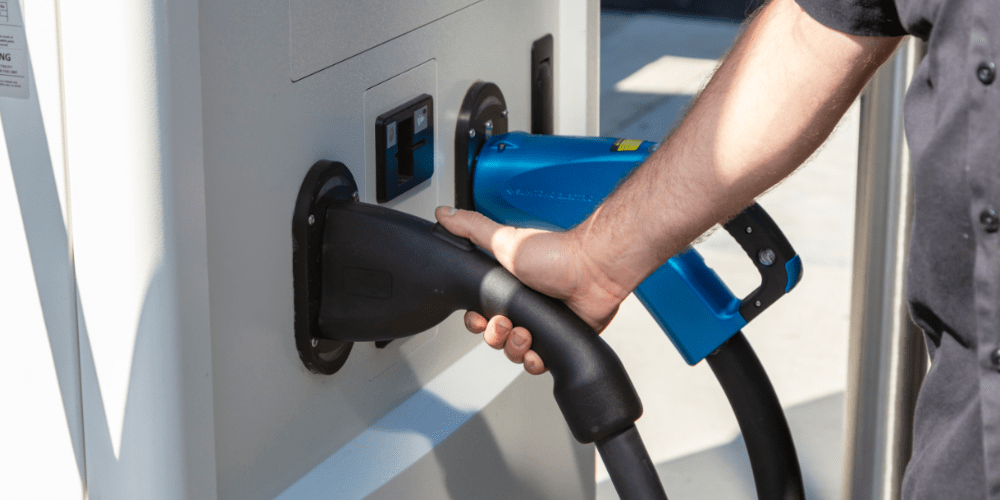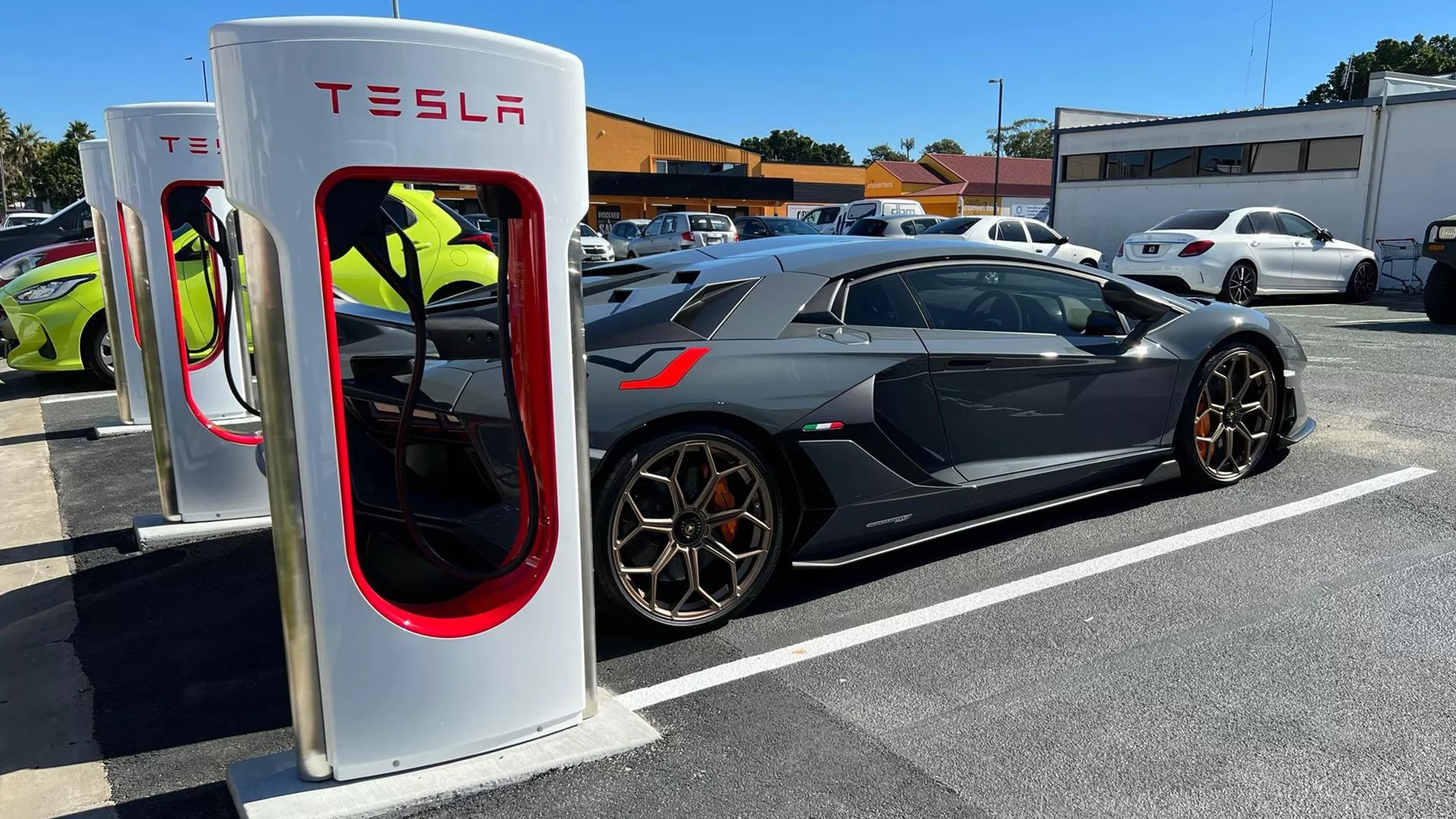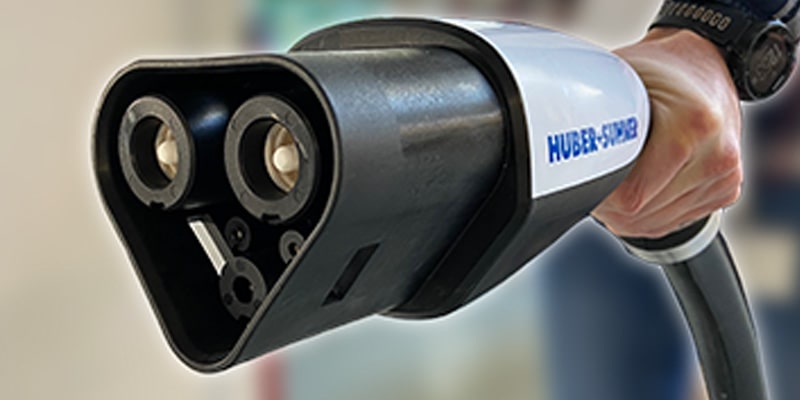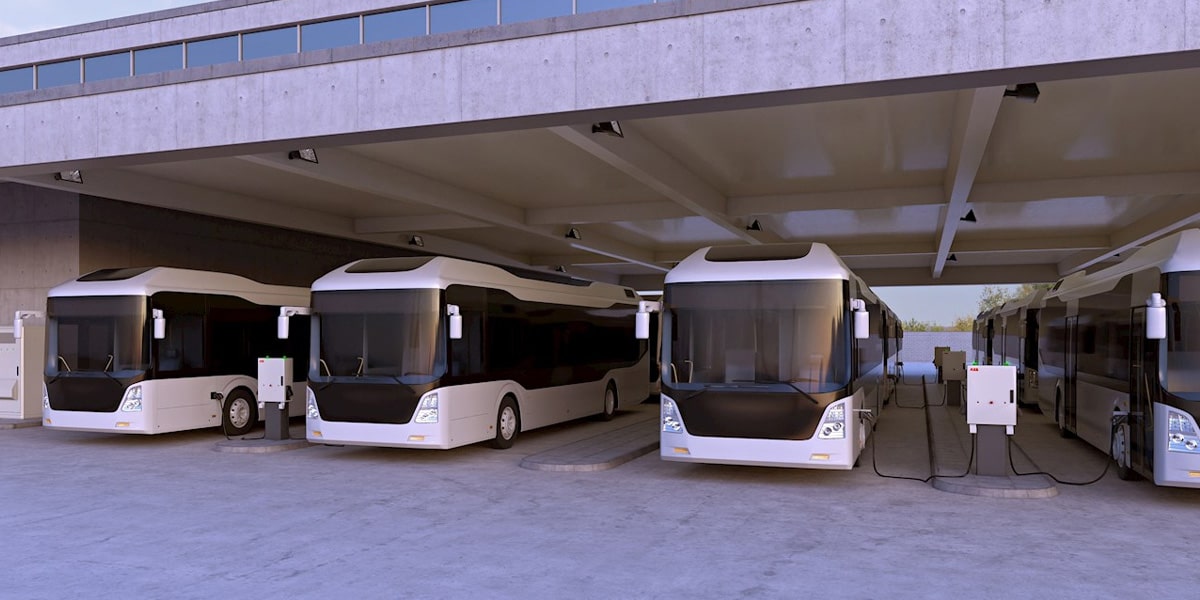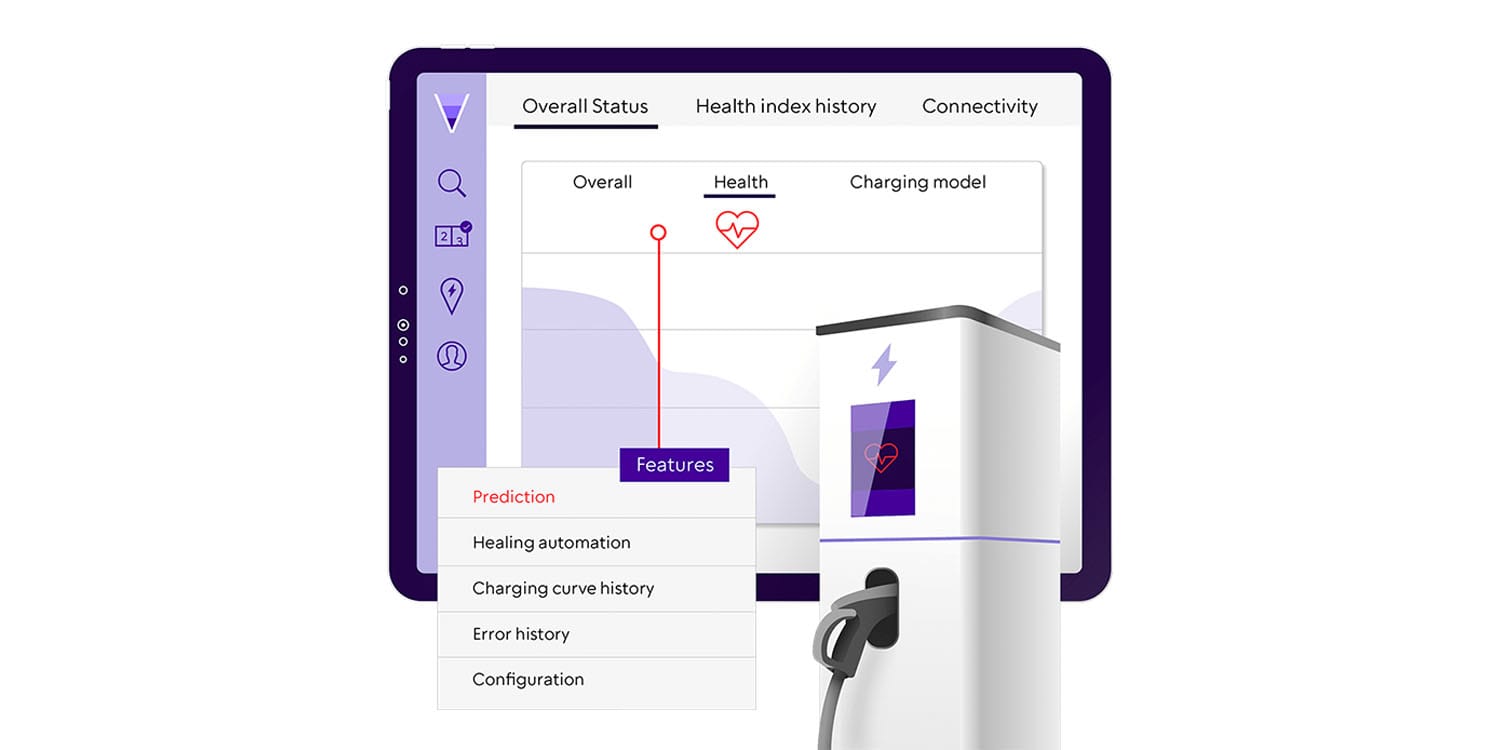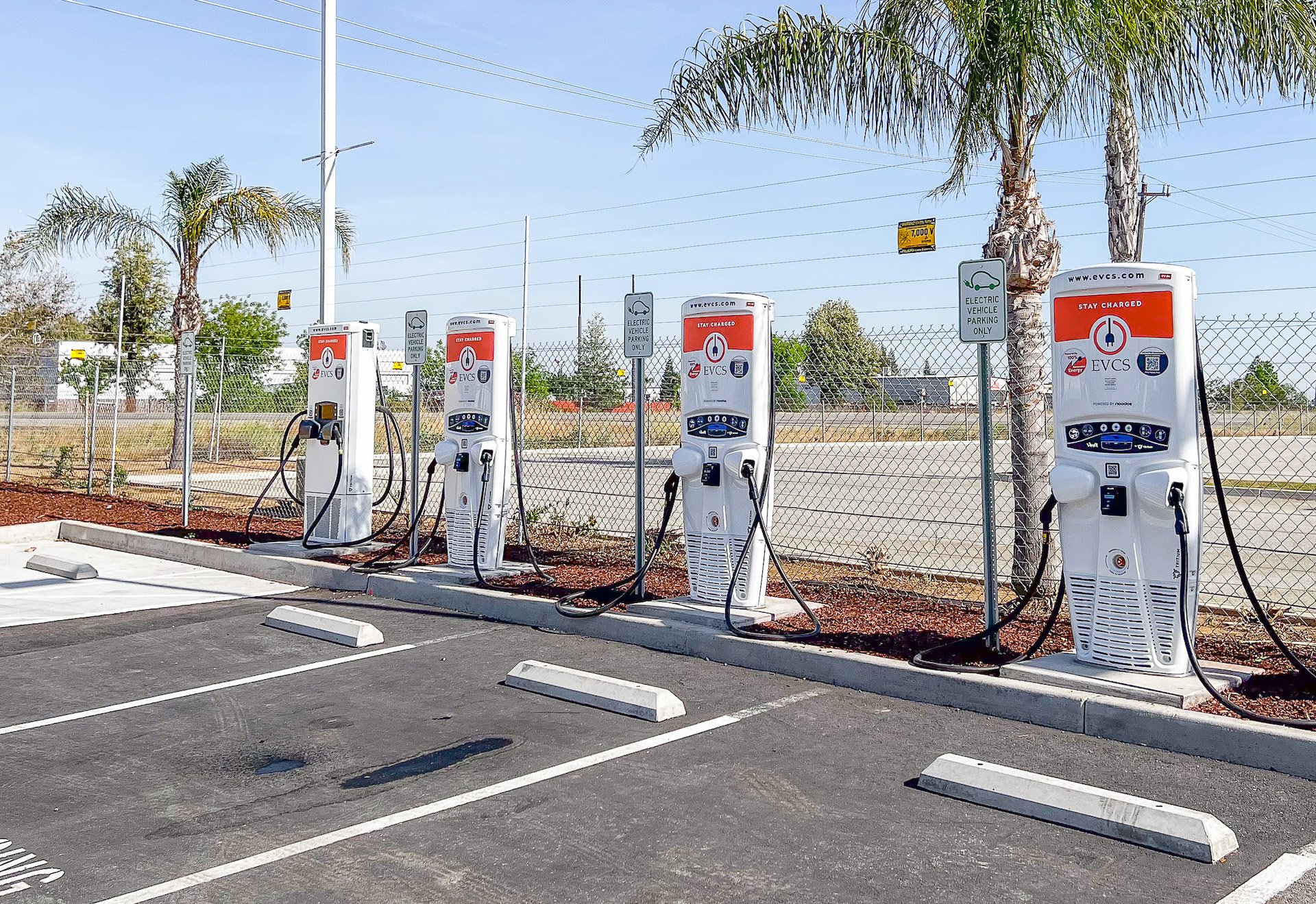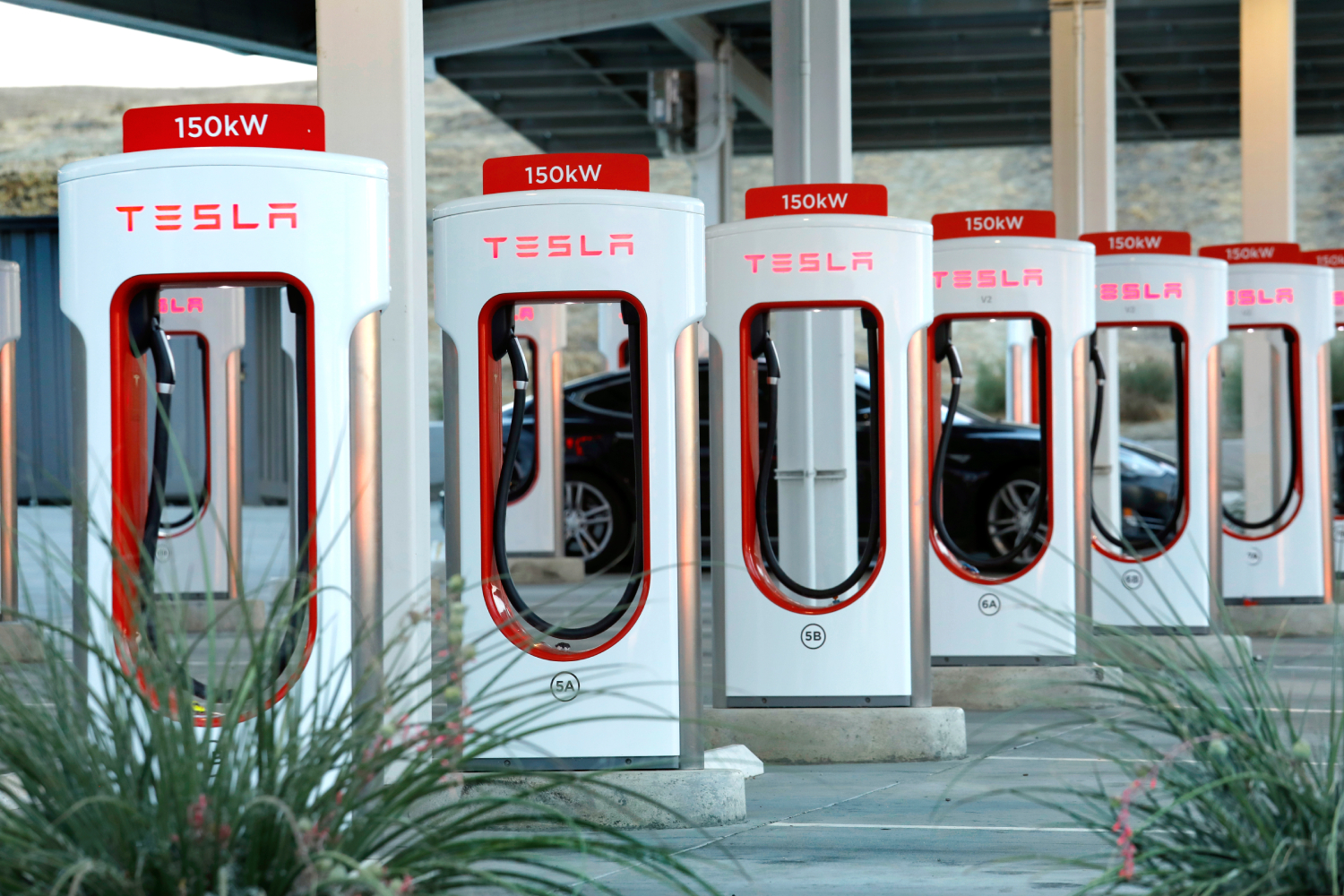In a significant development for the electric vehicle (EV) market, the National Automobile Dealers Association (NADA), a leading car dealer trade group, has revealed that nearly 17,000 franchise dealerships in the United States are poised to invest an estimated $5.5 billion in new infrastructure to facilitate the sale of EVs.
Although NADA did not provide specific details regarding the timeline for this investment, Green Car Reports indicates that automakers have been urging dealerships to allocate funds ranging from $100,000 to $1 million for the installation of chargers and other necessary upgrades to support the sale of electric vehicles.
However, NADA clarified that these costs do not encompass the procurement of specialized equipment required for servicing EVs, nor the additional expenses associated with local utilities, such as extending power lines or incorporating transformers to support EV charging.
Presently, the United States boasts a total of 16,733 franchise dealerships, employing approximately 2.3 million individuals and offering an average annual wage of nearly $89,000, according to NADA.
Franchise dealerships face mounting pressure from legacy automakers to elevate their electric vehicle offerings amidst intensifying competition from direct sales-focused automakers like Tesla, Rivian, and Lucid. Nonetheless, a recent report by the Sierra Club reveals that a staggering 65 percent of US car dealerships do not have any EVs available for sale, with 45 percent expressing reluctance to sell them.
The repercussions of this hesitancy are becoming apparent, as franchised dealerships in California alone reportedly suffered an estimated loss of $910 million in unrealized profit in 2022 due to the direct-to-consumer sales strategies employed by competitors, as highlighted by J.D. Power.
With EV sales expected to surge in the coming years, buoyed by decreasing prices, tax credits, and substantial investments in public charging infrastructure, traditional dealerships find themselves at a crossroads, forced to determine their future viability in the market.
Against this backdrop, Ford recently made a groundbreaking announcement, stating that dealerships will no longer be permitted to mark up EVs or engage in price negotiations starting next year. General Motors, on the other hand, has called upon its dealer network to install destination chargers within communities while providing support for a portion of the associated costs. These moves represent efforts by legacy automakers to reshape their relationships with dealerships and encourage a more robust EV sales environment.
The path ahead for franchise dealerships navigating the evolving EV landscape is far from easy, as they confront the challenge of adapting their business models to meet changing consumer demands and stay competitive in the rapidly transforming automotive industry.

